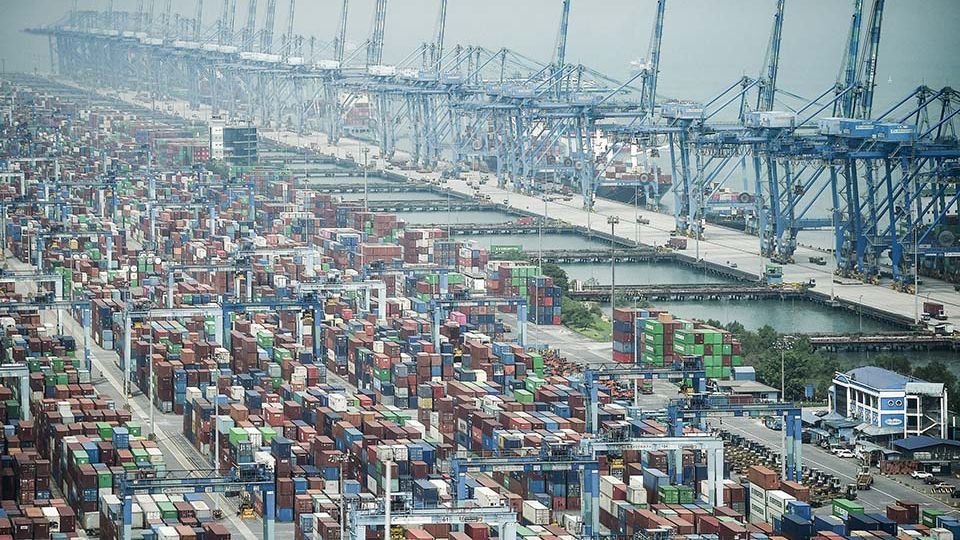May 13, 2025
PETALING JAYA – American buyers of Malaysian furniture have asked that the products be sent to them before July in view of the uncertainty over US tariffs, says the Malaysian Furniture Council.
“Our customers in the United States have asked us to ship as much as possible during this 90-day suspension window – ideally before July,” said the council’s deputy president, Matthew Law.
“What happens next depends on whether the US president announces new tariff policies. Only then will we know how to plan our business.”
He said that although the United States imposes different tariff rates on different countries, Malaysia’s main competitors are Vietnam, Cambodia and Indonesia.
Vietnam is subject to a 46% tariff, Cambodia 49% and Indonesia 32%. While the new tariffs have been temporarily suspended, all countries are currently operating under a base tariff rate of 10%.
He said Malaysia’s furniture exports primarily consist of wooden furniture, including items such as bedroom sets and kitchen furniture.
He noted that local manufacturers face rising costs, including a 14.2% hike in electricity tariffs from July 2025, higher EPF contributions and increased foreign worker levies.
He said the weak ringgit against the US dollar is also a major concern.
Amid these challenges, US demand has begun to decline, signalling a market slowdown.
According to the Investment, Trade and Industry Ministry (Miti) report card on the first quarter of 2025, Malaysia faces a 24% US tariff, well below Vietnam, Cambodia and Indonesia.
It said Malaysia’s furniture industry stands to gain from shifting US trade patterns, with lower tariffs making its products more appealing to American importers.
Though Malaysia held only a 2.4% share of the US furniture market in 2024, its favourable tariff position offers strategic potential.
Deputy Plantation and Commodities Minister Chan Foong Hin said the ministry remains cautiously optimistic as US negotiations continue, and is actively supporting talks by providing data and insights to Miti.
“At the same time, we are intensifying efforts to strengthen trade relationships with emerging markets and diversify our export destinations,” he told The Star.
In the furniture sector, Chan stressed that the government will tighten enforcement to prevent Malaysia from being used as a transhipment hub for timber and timber products originating from countries hit with higher US tariffs.
Among the steps being taken are stricter documentation processes, especially for the issuance of Certificates of Origin (COO).
“Both preferential COO issued by Miti and non-preferential COO issued by chambers and associations authorised by Miti play a critical role in verifying the origin of Malaysian exports and upholding the integrity of our trade practices,” he said.
Samenta president Datuk William Ng said the higher tariffs on furniture imports from Vietnam, Cambodia and Indonesia have opened up a “real and timely opportunity” for Malaysian SMEs to grow their presence in one of the world’s largest furniture markets.
“Even a small shift in sourcing preference can translate into significant export gains for Malaysian SMEs. To fully leverage this, we need better marketing support, faster access to trade finance and streamlined logistics to meet increased demand,” he said.
Despite the improved competitive position, Ng pointed out that local furniture manufacturers continue to grapple with rising operational costs, including labour, raw materials and energy.
“To overcome this and still grow our production and exports, we encourage SMEs to adopt automation and smart manufacturing to offset rising labour costs and improve output quality and consistency,” he added.
He also stressed the need to strengthen upstream integration within the industry, noting that Malaysia still imports significant timber and related inputs.
“By nurturing a stronger local supply chain, including engineered wood and sustainable forestry, we can reduce dependency on volatile global raw material prices,” he said.
Ng warned that despite the current opportunity, industry players should proceed with caution due to the unpredictable nature of US trade policy.

